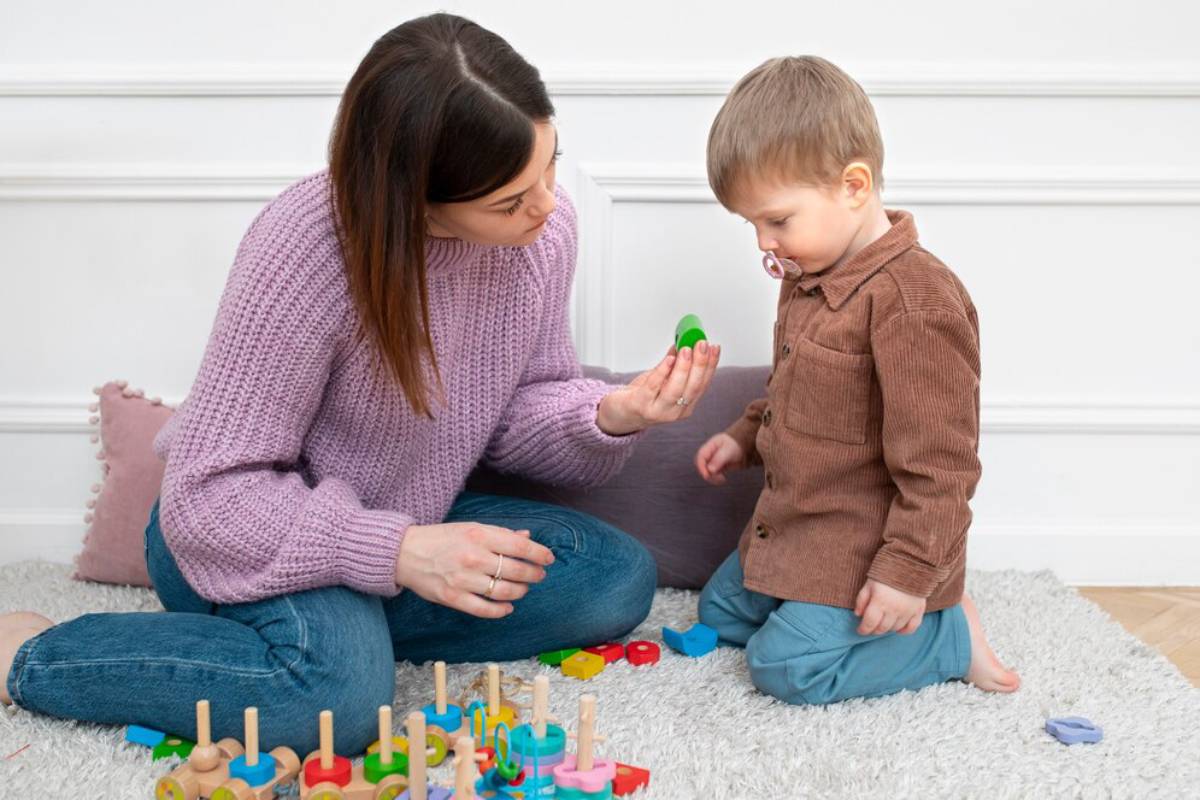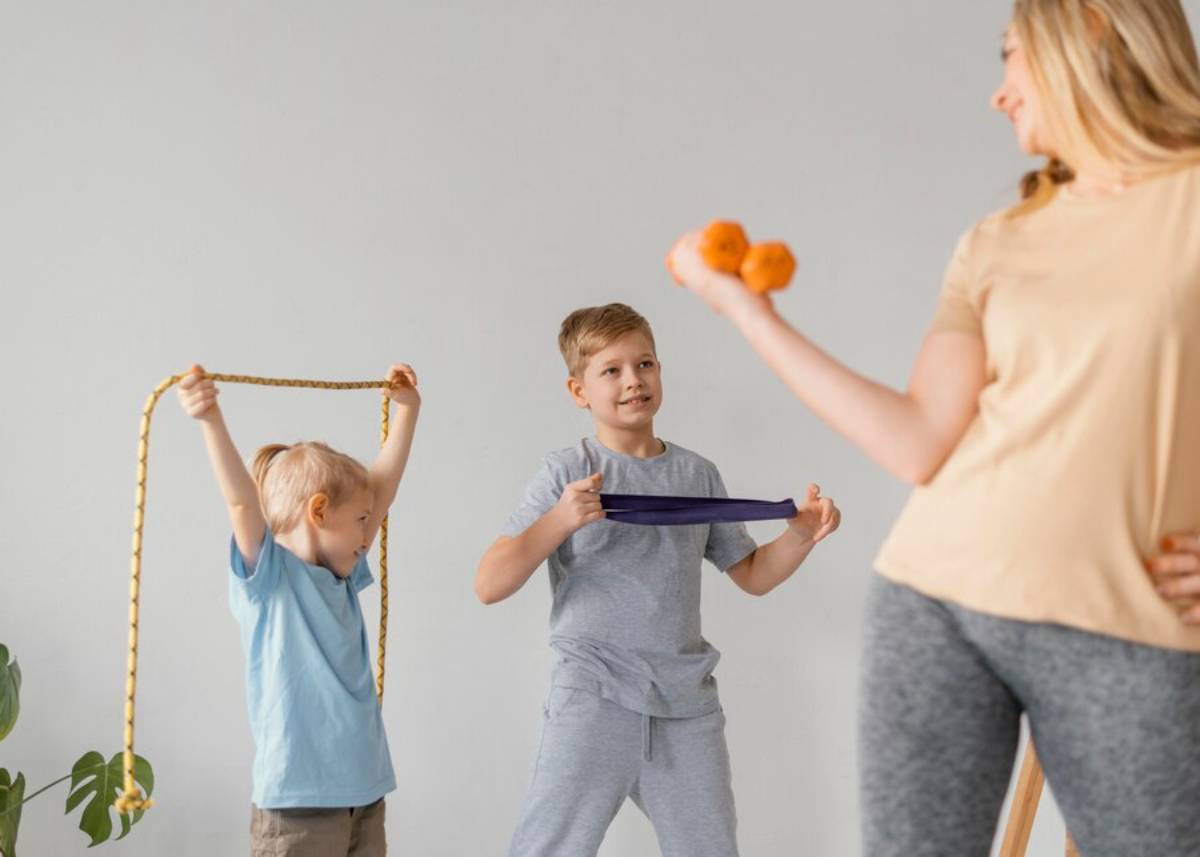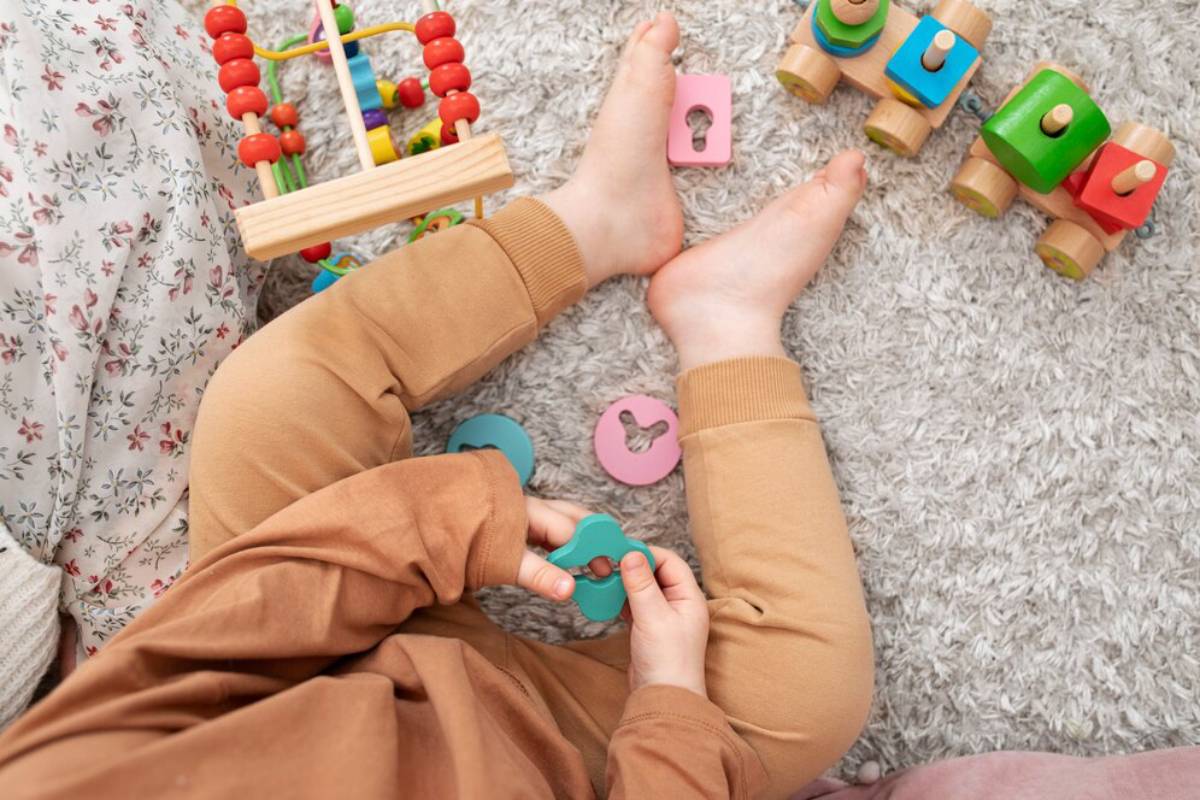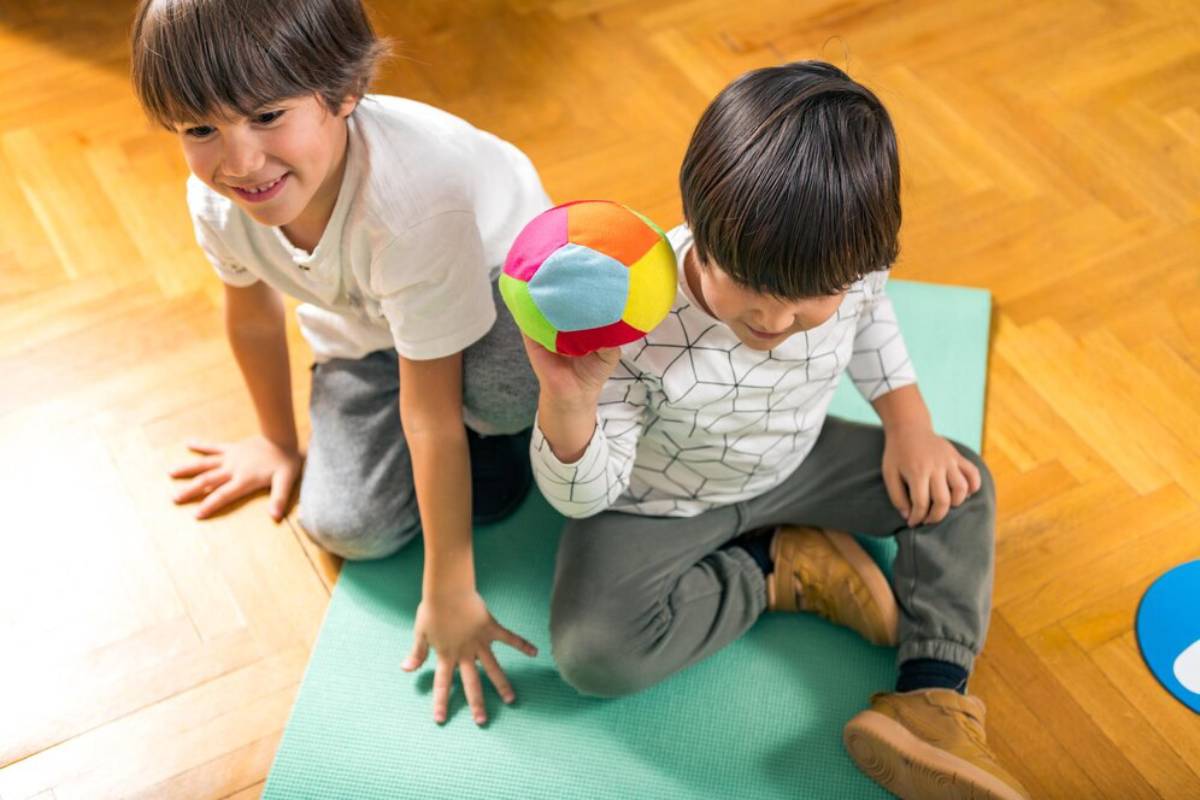
Motor Skills Activities for Babies and Toddlers
Every wiggle, roll, crawl, and step is part of the same journey. Developing motor skills is crucial for growth and independence. Practising some age-appropriate baby physical activities and playful toddler coordination exercises can help strengthen muscles, improve balance, and grow confidence. Activities such as tummy time for infants or obstacle courses for toddlers encourage physical development in rewarding and enjoyable ways.
This guide examines practical advice, expert-approved exercises, and fun play. Your child’s motion journey is one of the highlights of early parenting. Intentional play and everyday interaction help children develop strength, confidence, and independence. From tummy time as infants to balance games as toddlers, every second you spend with your child builds the basis for motor skills that will last a lifetime.
Why Motor Skills Development Matters?
Motor skills are vital for overall growth. They are divided into two categories: gross and fine motor skills. Gross motor skills involve more significant movements, like using arms and legs. Fine motor skills involve more minor actions, such as picking up toys. These skills help children explore their world, interact with others, and handle daily tasks. Early motor skill development also connects to later academic success, aiding cognitive growth.
The Importance of Early Intervention
Early intervention is essential for developing motor skills. Babies and toddlers bond-building play and grow quickly, and their brains adapt easily. Physical activities can boost their motor skills and set a solid foundation for the future. Early activities can also prevent developmental delays and promote a healthy lifestyle.
Key Benefits of Motor Skills Activities
Motor skills activities offer many benefits for babies and toddlers. They support physical, cognitive, social, and emotional growth. Here are some key advantages:

Enhancing Physical Development
Such activities build muscles, enhance balance and increase flexibility. Tummy time is vital for babies. It strengthens neck and shoulder muscles, which prepares them for crawling. As toddlers grow, climbing, jumping and running help with gross motor development.
Boosting Cognitive Development
Puzzle-solving activities are great for our cognitive skills. Obstacle courses, for example, develop critical thinking in toddlers as they uncover ways to solve tasks. This enhances their problem-solving skills and spatial awareness.
Promoting Social and Emotional Growth
Group activities and peer playtime can improve social skills and emotional intelligence. Through play, toddlers learn to share, take turns, and cooperate. Completing challenging activities can also boost self-esteem and confidence.
Motor Skills Activities for Babies
For babies, activities should promote movement and exploration. Here are some practical options:

Tummy Time
Babies need tummy time. Put them on their tummies while they’re awake and being watched. This builds up neck, shoulder, and arm muscles, preparing them for rolling, sitting, and crawling. Using colourful toys that are within reach will prompt reaching and grabbing.
Reaching and Grasping
When babies are encouraged to reach for a toy, grasp it, and hold it, they develop fine motor skills. Give them toys of all shapes and fuzzy colours that entice their little fingers to explore. Soft rattles, fabric books, and textured balls are great.
Rolling Over
Helping babies practice rolling over enhances gross motor skills. Place toys to the side to motivate them to reach and roll. This activity strengthens core muscles and improves coordination.
Motor Skills Activities for Toddlers
Toddlers are more mobile and curious, making it an excellent time for complex motor skills activities. Here are some toddler coordination exercises:
Obstacle Courses
Create a simple obstacle course at home to improve a toddler’s coordination and problem-solving skills. Use pillows, boxes, and tunnels for challenges that require crawling, climbing, and balancing. This boosts gross motor skills and encourages creative thinking.
Jumping and Hopping
Jumping and hopping develop balance and coordination. Encourage toddlers to jump over small objects or hop on one foot. These activities strengthen leg muscles and improve coordination.

Ball Games
Playing with balls enhances hand-eye coordination and fine motor skills. Roll a ball back and forth or throw it into a basket for fun and benefit. As toddlers grow, add more challenging games like catching and kicking.
Additional Tips & Common Mistakes to Avoid
While engaging in motor skills activities, keep these expert tips and common mistakes in mind:
Expert Tips
- Be Patient: Every child develops at their own pace. Encourage progress without pressure.
- Create a Safe Environment: Ensure the play area is safe and free from hazards to avoid injuries.
- Incorporate Music: Music can make activities more enjoyable. Use action songs to encourage participation.
Common Mistakes to Avoid
- Over-Scheduling: Don’t overwhelm your child with too many activities. Allow time for free play and rest.
- Comparing to Others: Every child is unique. Focus on your child’s achievements instead of comparing them to others.
- Neglecting Fine Motor Skills: While gross motor skills are essential, remember to include activities that develop fine motor skills, like drawing and building with blocks.
Advanced Insights
For parents and caregivers wanting to deepen their understanding of motor skills development, here are some insights:
Understanding Developmental Milestones
Learn typical milestones for motor skills. This knowledge helps you identify areas where your child may need support.
Collaborating with Professionals
Consider consulting a paediatrician or occupational therapist if you have concerns about your child’s motor skills. They can provide personalised guidance and recommend specific activities.
Encouraging Outdoor Play
Outdoor play offers many benefits for motor skills development. Activities like running, climbing, and playing in the sand can improve coordination. Plus, being in nature boosts creativity and reduces stress.
Nurturing Your Child’s Growth
Supporting your child’s movement journey is one of the best parts of being a new parent. You are laying the groundwork for their strength, confidence, and independence through bond-building play and routine interaction. And learn they will as these somersaulting adventures permeate everything from baby physical activities, like tummy time, to toddler coordination exercises, such as balancing games, as motor skills for life are built, moment by moment. It’s a slow burn, but the progress will be steady if you keep it fun and consistent. Afterwards, wiggle and wobble and watch for the backdrops. What activities have you found effective for developing your child’s motor skills? Share your experiences in the comments below!